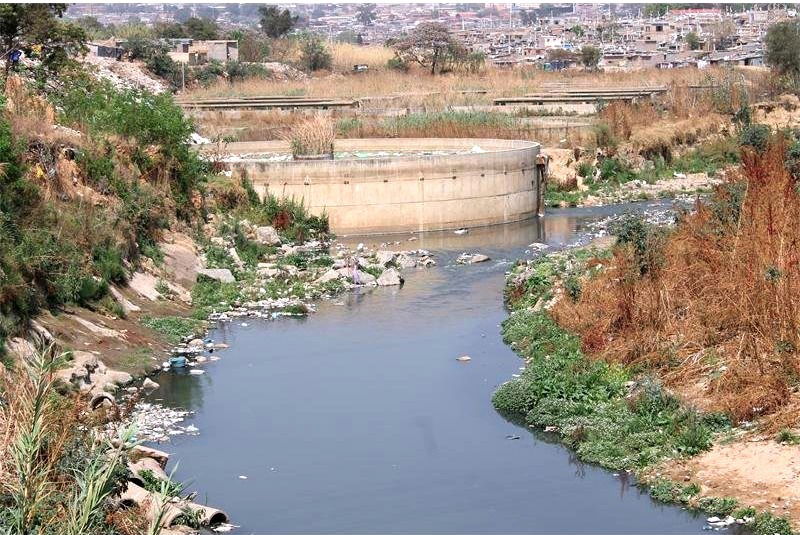Water Pollution: Rethinking South Africa's Water Future

Water pollution is a global problem and not peculiar to South Africa. However, the South African government and populace are gravely concerned about the growing water contamination in the country. Only four significant river basins can be found in South Africa (Inkomati, Limpopo, Maputo-Usutu-Pongola, and Orange-Senqu). Unfortunately, most rivers and river basins in South Africa are victims of pollution.
South Africa has a pervasive natural heritage. It consists of stunning landscapes, mountains, hills, and water bodies. It is renowned for its biodiversity and ranks third in the world in terms of biodiversity. The river is one of the most significant sources of freshwater in our nation. The Olifants, Breede, Gouritz, Vaal, Crocodile, Luvuvhu, and Letaba rivers are a few of the larger ones.
South Africans depend heavily on rivers for their daily needs. They bridge the gaps between our local, regional, and global communities. South Africa has many cities that are situated along riverbanks. This is because they aid in water transportation, irrigation, and other activities. The amount of rubbish dumped into rivers has increased along with the growth in habitation along riverbanks. We all know that wherever people live, there ought to be a mess. People's waste is dumped into these rivers in large quantities, which pollutes the watercourses.
In 2020, almost 96.34 million hectares of land were under cultivation in South Africa, according to Statista. Irrigation is frequently at least twice as productive per area as rain-fed agriculture. It is projected that the struggle for water resources will worsen, with agriculture being particularly impacted. It is anticipated that agricultural production will rise by almost 70% by 2050. This is brought on by people eating more complex meals. In general, rivers near agricultural areas will supply much-needed water for irrigation.
Numerous industries were created as a result of both the development of technology and industrial progress. The rivers received all of the waste from these industries. The severity of these wastes began to rise over time. The pollutants were released into the rivers either directly or indirectly. This made the South African water contamination situation worse. The impacts of chemical wastes are significantly more toxic and destructive to life, including heavy metals, radioactive waste, plastics, oil tanker spills, etc.
What should the strategy be to lessen river pollution? A comprehensive environmental management plan and a robust national water policy are required. A river rejuvenation plan and riverfront development can boost the river's sustained growth because, in addition to the infrastructure needed for its long-term support, environmental and ecological development alone won't be enough to ensure that it continues to generate revenue.
South Africa, a country with a limited water supply, needs to take immediate action to conserve its water resources and make sure we make the most use of what we have. Suppose we are to develop a sustainable economy that satisfies the needs and ambitions of all South Africans. In that case, we must recognize the limitations of our natural water resources and prioritize their use and protection.
The Centre for Ecological and Sustainability Advisory, which also operates within the Vhembe Biosphere Reserve, provides advice on purging and cleaning the water bodies of contamination, amongst its other responsibilities. This specialized team also uses a comprehensive communication strategy to raise awareness of water pollution's presence and negative impacts. Should you wish to clean rivers or have noticed a location in the Vhembe Area and other regions where river pollution is a concern, please get in touch with the Centre for Ecological and Sustainability Advisory Support Office: Telephone: Ms. Muluvhahothe Mulalo +2779 585 9601 or Mr. Ravhuanzwo Fortune +2771 594 3019, or Email: info@centreforecology.co.za.